#ThrowbackThursday with the BlackBerry Curve 8520: buy cheap, buy twice
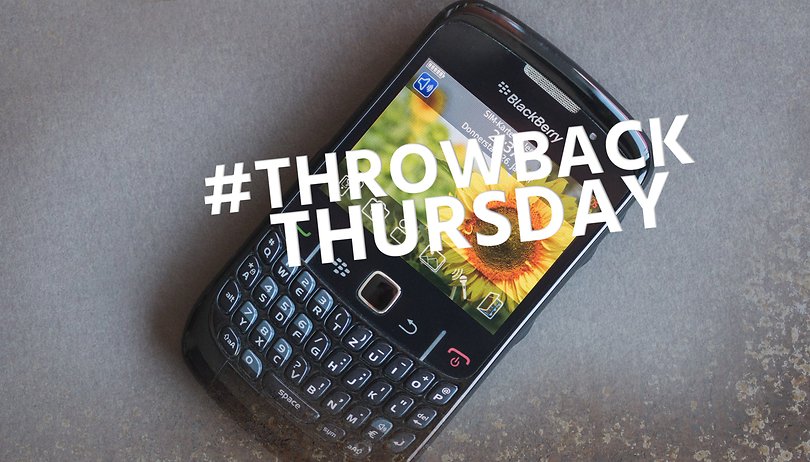

BlackBerry was the preferred choice of businessmen in the 2000s. By the end of the decade, the company, then called Research in Motion, was trying to appeal to those concerned about privacy. The BlackBerry Curve 8520 was such a case.
Summer 2009: the iPhone revolution had been ongoing for some time, but the devices remained prohibitively expensive for students. What was clear was that the era of classic phones would soon be over, since larger displays were clearly better suited to messaging and internet browsing than the stamp-sized screens.
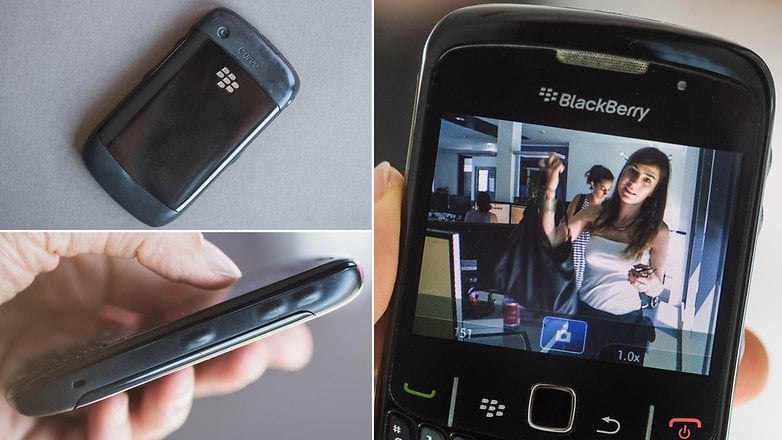
At the time, I was deciding on a new smartphone, because when it came to sending emails and surfing the web, my old Nokia was easily overwhelmed. A good friend of mine at the time was very happy with his BlackBerry. Why? Because its email function actually worked with no dropouts.
Blackberry Curve 8520: First buy cheap…
A new platform is always a gamble, so I opted for the safest option: first buy a cheap BlackBerry – the Curve 8520. Price point? Around 200 EUR. And the Curve 8520 was an eye-opener: the display, with a resolution of 320 x 240 pixels and a screen size of 2.5 inches, offered great quality for the time. Even in today's QHD-drenched eyes, the display comes across well. I found the optical trackpad to be very advanced: it used a laser beam to detect movement, replacing the trackball found in previous Blackberries. And the physical QWERTY keyboard was far superior to the traditional number keys found on my old phone.
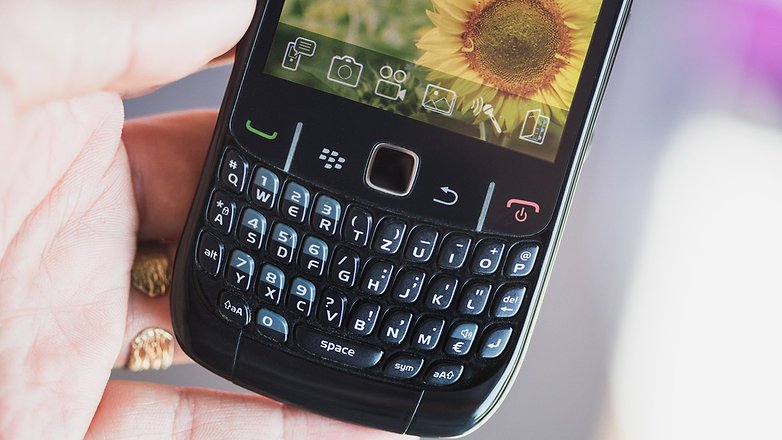
In fact, the Blackberry Curve 8520 was equipped with all the smartphone essentials. In particular, the reliable email function was a quantum leap over the clients my cell phones had had before. And BlackBerry Messenger was fun – albeit limited to contacts who also had a BlackBerry. There were also quite a few apps. Updating an app, however, would mean having to reboot the phone, which took about two minutes.
The big screen was of course wonderful, particularly for web browsing. But without an additional BlackBerry option through my carrier, nothing worked – the network operator had to explicitly enable BlackBerry functionality, which could then be offered to me at a cost of 5 EUR a month.
... And then buy more expensive
Nevertheless, I quickly came to regret my purchase of the Curve. Processing speeds were lousy; the buttons for music playback spongy, and the buttons, especially those below the display, were hard to use. That's why after a lowly three months, my BlackBerry Curve 8520 chapter came to a close. A more expensive BlackBerry was needed.
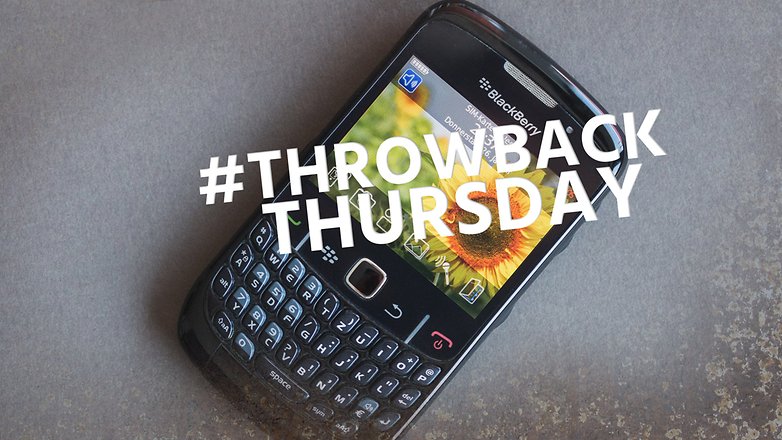
In retrospect, the Curve 8520 chapter appears strange; after all, BlackBerry is today considered a failure. But it was certainly not all bad and some features could certainly compete with the iPhone. But BlackBerry could only despair at the startling speed with which Apple packed iOS with breakthrough features.
Did you own a BlackBerry Curve 8520? Share your fond, despairing or indifferent experiences in the comments.
Every Thursday night we publish articles for #ThrowbackThursday. In this series, we look back at feature phones, smartphones and other gadgets that have been with us the longest. Last week, the Samsung Galaxy Tab had its moment. What will come next week?
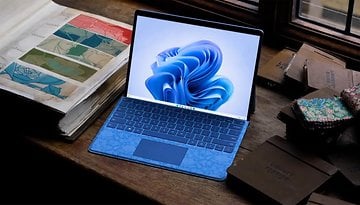
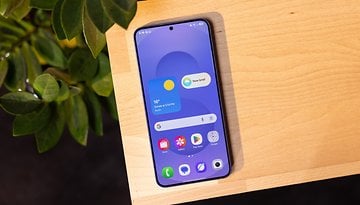
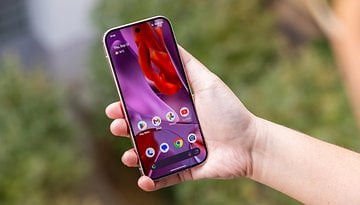
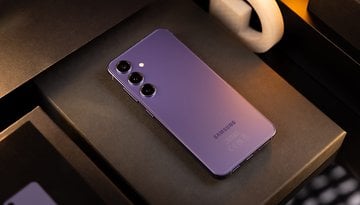
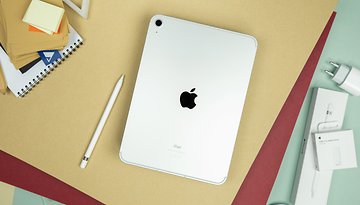
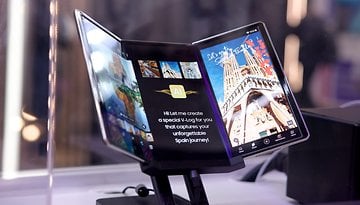
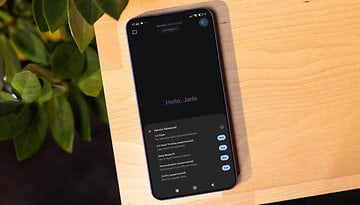
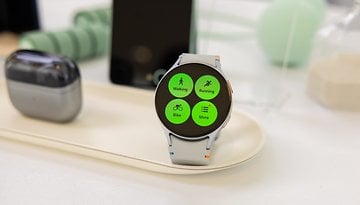
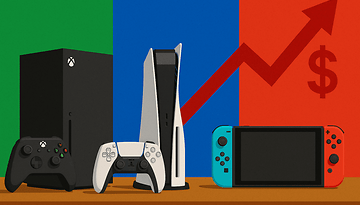

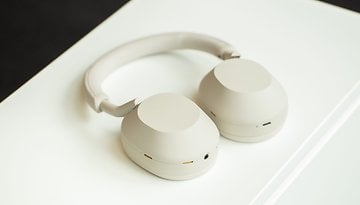


I went through four Blackberries, beginning with an 8800 that I inherited from a friend and ending with a Z10 that now sits on my shelf next to a Curve. Honestly, I still like the feel of the Curve. It's chunky, but doesn't feel big or too heavy, and was easy to hold whether typing with one or two hands.
I think that’s an under-appreciated part of Blackberry design: they really want you to be able to use the phone without needing a protective case. A grippy rubber back might not look as sharp as metal or glass, but it’s much more functional. The Z10 was great for that, but my all-metal HTC? Not so much.
oju
Blackberry's story morale in a few words - Embrace the change or die.
BlackBerry teaches all other tech companies a great lesson - being great and unbeaten today does not mean that you will remain so tomorrow. Similar to Kodak who had the digital technology in-house well ahead of others but missed the train of digital photography and demised, Blackberry made wrong strategic business choices by following a safer path rather than fully leaning on self-disruption.
"The BIG screen was of course wonderful"
2.5 inches... it's funny to see how small was phone's displays 7 years ago. Finally the original iPhone was a giant.
2009 dude ...